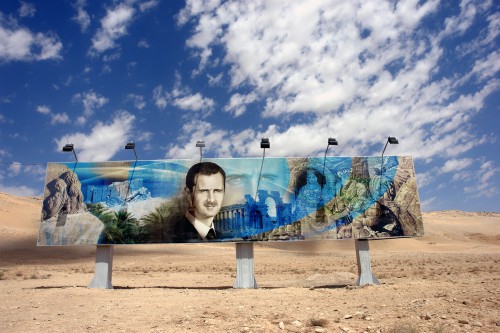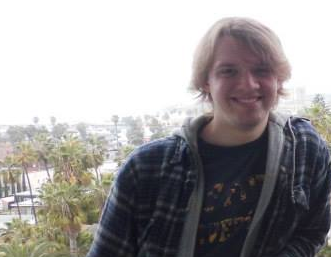With each passing day, the civil war gripping Syria grows more and more intense. The conflict has evolved from a political struggle for democracy into a highly sectarian conflict now threatening the stability of the whole region. The official entry of the Lebanese-based Shia militant group Hezbollah into the fray on the side of the Syrian government has realized the worst fear of Syria’s neighbors: the conflict is now a regional one, no longer restricted to the borders of Syria.
It is no secret that Hezbollah and the Syrian government have had close ties for many years. Syria, along with Iran, has armed and financed Hezbollah for decades, as it is the major group that opposes and harasses Israel, the regional enemy of the two nations. Hezbollah, while having both a political and military branch, is considered a terrorist organization by the United States and many other Western governments.

The biggest fear amongst Western and local powers has been that the war currently raging in Syria would not remain confined to the country’s borders. Syrian government forces have attempted to goad Turkey into conflict, shooting down a Turkish fighter jet and landing the occasional shell on the Turkish side of the border. To the south in Lebanon, a country occupied by Syrian military forces from the late 1970’s up until 2006, the violence had spread in the form of sectarian clashes amongst civilians, and rebels taking shelter in the country firing across the border at government troops. Hezbollah, however, remained officially neutral in the conflict.
The Battle of Qusair has changed all of that. The city is located in a very strategic place for both the government and rebel forces. For the government, the city lies on the route between two major cities, the capital Damascus and Homs. It is also on the route from Damascus to the port city of Tartous and the coastal region of Syria, the heartland of president Bashar al-Assad’s Alawite sect and a possible place for him to take refuge should Damascus fall. For the rebels, the city lies just six miles from the Lebanese border, and controlling the city would allow a free flow of arms and personnel through the border.
When the government launched a massive offensive on the rebel held city a few weeks ago, Hezbollah initially denied involvement in the battle. Their rhetoric has gradually transformed over the course of the battle, and recently their leader, Sheikh Hassan Nasrallah, declared Hezbollah’s official military support for the Syrian government. Dozens of Hezbollah fighters have been reported killed in the battle for Qusair.
Hezbollah’s official involvement in the war not only makes it much more likely the conflict will spill over into Lebanon, but also puts Israel on high alert. The Israelis have already come out and said that they will do everything in their power to prevent Hezbollah from getting more advanced weapons, including sophisticated missiles and even chemical weapons, which the Syrian government is known to have. In fact, the Israeli air force is supposedly responsible for at least three air strikes inside of Syria on convoys of weapons headed for Hezbollah.
The Shia group’s involvement also highlights the underlying sectarian tensions of the conflict, which have been fueled by al-Assad in his attempt to make it seem like the various ethnic and religious minorities in Syria would be at each others throats if he were to fall. Hezbollah used the excuse of protecting the Shias in Qusair from the mostly Sunni rebel movement as a pretext for entering the conflict.
The entering of Hezbollah into the fray signifies a turning point in the war. The Syrian government now has an official foreign ally with boots on the ground backing al-Assad, another piece of leverage he now has against the rebels. As the battle for Qusair rages, the European Union has decided to lift their arms embargo against Syria in order to arm the opposition. While this does not mean they will necessarily take immediate action in arming the opposition, it sends a strong message to al-Assad. The entering of a group officially labeled as a terrorist organization on the side of the government may have had a huge effect on that decision. And there is always the chance that Israel will step in to protect their national security.







